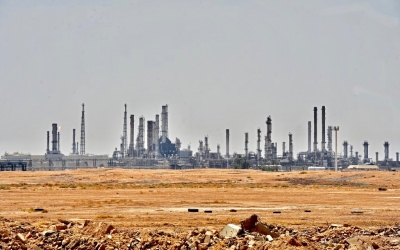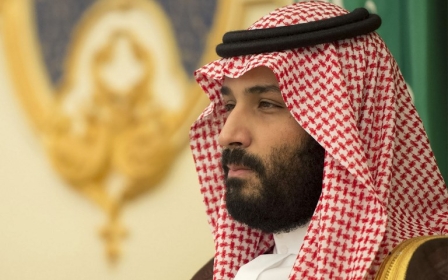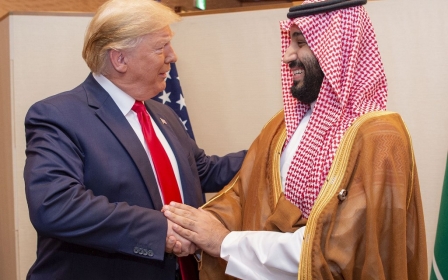Opec, Russia meeting for fouth day to approve biggest-ever oil production cut

Opec, Russia and other oil-producing nations were meeting for a fourth day on Sunday in a bid to clinch a deal on the biggest oil cut ever, amounting to 10 percent of global supply, after their initial efforts to support oil prices amid the coronavirus pandemic were blocked by Mexico.
The group, known as Opec+, on Thursday had outlined plans to cut output by more than a fifth, or by 10 million barrels per day (bpd); but Mexico balked at the production cuts it was asked to make, delaying the signing of a final deal, Reuters said.
"The ministerial meeting between Opec and non-Opec members is a follow-up after the April 9 meeting," the energy ministry of Opec+ member Azerbaijan said on Sunday.
The survival of thousands of oil producers, millions of jobs and the economies of oil-dependent nations hang in the balance as the global pandemic wipes out demand in a world awash with crude. Several US shale producers are on the brink of bankruptcy, Russia risks having no place to store its crude, and for all their low-cost production, the Saudis need higher prices to fund their budget, according to Bloomberg.
Canada and Norway signalled a willingness to cut output and the United States, where legislation makes it hard to act in tandem with cartels such as OPEC, has said its output would fall steeply by itself this year amid low prices.
Analysts expect oil prices, which soared above $100 a barrel only six years ago, to remain below $40 for the foreseeable future. On Thursday, the last day that oil futures traded, the price fell sharply even though the producers seemed close to a deal. The American oil benchmark price was just under $23 a barrel, the New York Times reported.
Global oil demand is estimated to have fallen by a third as more than 3 billion people are locked down in their homes because of the coronavirus outbreak.
The unprecedented reduction of about 10 percent in worldwide crude output had looked all but certain, and Russia said it considered the deal done on Thursday. But Mexico rejected the terms and talks with Saudi Arabia have since failed. US President Donald Trump announced a potential compromise on Friday, but his diplomatic solution still hasn’t been accepted by all sides.
Most Opec+ countries back the Trump compromise, according to delegates, but Saudi Arabia and Mexico have continued to negotiate bilaterally.
Some Republican senators have raised the prospect of cutting off aid to Saudi Arabia if the kingdom doesn’t pare its output and end the price war it started last month even as the coronavirus pandemic had already crushed demand for oil.
In an attempt to move negotiations along, a group of Republican senators from oil-drilling states including Texas spoke to the Saudi oil minister by conference call.
The push by Republican senators was a sign of how Congress could raise pressure on Saudi Arabia if it does not stick to the oil cut plan. If the kingdom does not cut output, pointed measures may be included later this year in must-pass legislation such as the annual defence policy bill, Reuters said.
“The Saudis spent over a month waging war on American oil producers, all while our troops protected theirs. That’s not how friends treat friends,” said Senator Kevin Cramer of North Dakota. “Saudi Arabia’s next steps will determine whether our strategic partnership is salvageable.”
With Trump now personally involved, the stakes appear too high for the deal to fail. But even the US president acknowledged on Friday that he wasn’t certain if an agreement could be reached.
Middle East Eye delivers independent and unrivalled coverage and analysis of the Middle East, North Africa and beyond. To learn more about republishing this content and the associated fees, please fill out this form. More about MEE can be found here.





